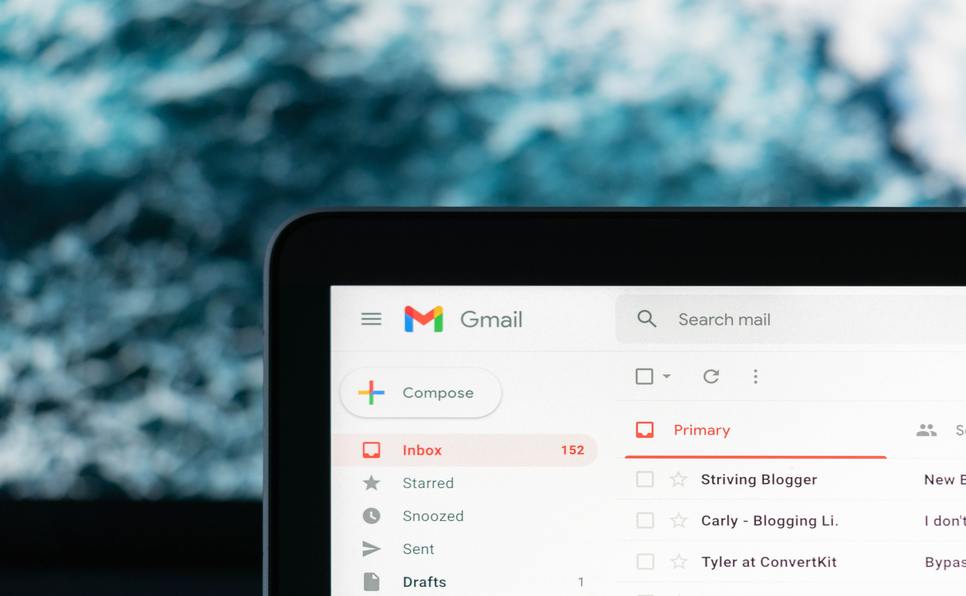You may have heard about the great query letter vs. book proposal debate. Which one should you choose to pitch your manuscript or project to agents and editors? What’s the difference? Do you need to use both? We’re here to clarify.
In general, query letters are for novel-length works of fiction, and book proposals are for any kind of non-fiction. There are some nuances, but if you’ve written a novel, novella, or short story collection, you will only need to query. If you have an idea for a non-fiction book like a health manual, cookbook, educational or advice-based content, self-help book, anthology, or memoir (more on memoir below), then you need to prepare a book proposal.
What is a query letter?
A query letter is a one-page document of between 250 and 350 words, usually sent by email, that addresses a literary agent and entices them to request more materials (aka your manuscript) for consideration. Think of it as your opening pitch; a way into your writing. If your query letter works as a successful marketing tool, a literary agent will then either request a “partial” (some of your manuscript), or a “full” (the whole shebang). If they like what they read, they will then set up a call with you to discuss your project and writing career further, with a view to representing you for your entire writing career.
What is a book proposal?
Book proposals are only for non-fiction projects, and, unlike fiction, do not require the book to have been written before securing an agent, or even a publisher. A book proposal is a longer, much more in-depth document of over 50 pages (sometimes as many as 100) that encapsulates an overview or synopsis (the high-level pitch), your author bio, target audience, comparable titles, a marketing plan, the manuscript specifications, length, and expected delivery date, a chapter overview detailing the book’s outline, and finally, sample pages from the book. As you can see, it’s more about diving deep into the marketing, platform, and convincing publishing professionals that it will sell, more than it is necessarily about the writing. It is a professional business case. It is not a place for you to showcase your creative skills (apart from in the sample chapters), or get fancy, or go rogue. As with the query letter format and structure, you should always follow the rules.
What about memoir?
However, if you’re writing memoir, the lines can be a little blurred, and you may require either a query letter or a book proposal. It really just depends on a) if you need an agent first (then you’ll probably query first), or b) if you have an agent and your agent wants to pitch your memoir, in which case you may require both. Memoir has more in common than fiction than the other types of non-fiction due to its narrative, and doesn’t always require a big platform to get picked up. Biographies, even if they are ghostwritten, will always require a book proposal.
Should you write the book first?
For fiction books, almost always yes. Very occasionally, fiction ideas can be “proposed” before being written and not queried or sent out on submission. This only really happens if you have a track record as a published author, and you will rarely need to prepare a lengthy document. It’ll be more like a short email that your agent will send to the publisher. And vice versa: you might have completed your non-fiction book in full, but you’ll still have to send a proposal. Most non-fiction authors don’t waste their time with this approach, though: why bother writing it unless you know it’ll get picked up? This is where when it comes to considering the query letter vs. book proposal, book proposals are winning because they save you time in the long run.
Marketing and platform
Look, having a massive platform (Instagram followers, an engaged Goodreads community, a huge newsletter subscriber list etc.) never hurts an author, no matter what you write. Certainly, it matters much more in non-fiction, since sales projections are made on platform. For example, if you’re a well-known yogi proposing a book on a new Yoga trend, you’re much more likely to get a book deal based on the projected volume of readers. It is possible to get a non-fiction book deal with a smaller platform, but it’s far less likely. However, if you’re a debut novelist writing a story about bears in the wilderness, you don’t necessarily need to be a bear expert, or live in the wilderness; you just need to have a strong story and imagination. Fiction and non-fiction can’t exactly be compared for marketing and platform, but all authors should be aware of all the ways they can market their book for free once they have that coveted book deal. Marketing matters right now. Platform can be expanded over time. So for query letter vs. book proposal here, the query letter is winning because you don’t need a platform to get published.
Query letter vs. book proposal: Which is better for your author career?
When it comes to query letter vs. book proposal, which one wins? That all depends on what you’re writing. Both can help you get your foot in the door with agents and editors. While a query letter is all about getting an agent to request to read more materials, a book proposal can lead directly to a book deal without you having finished writing it. Instead, you will sign a publishing contract and commit to delivering the finished product within a set time frame. In a way, this approach is fairer to the writer, because it actually pays you to write. Many fiction writers whose books don’t sell never receive a cent for their hours of toil. That’s why the majority of fiction writers write multiple manuscripts before they get a book deal, and end up going back and selling past manuscripts later down the line. Just remember that both documents are sales tools, designed to convince an agent or editor that you and your product are worth investing in. So put your sales hat on, and get ready to sell.
Recommended reading
Here at Aspiring Author, we love recommending bestsellers and fawning over hot new releases. On this real time recommended reading list, you will find a list of top rated books on the publishing industry, craft, and other books to help you elevate your writing career.









